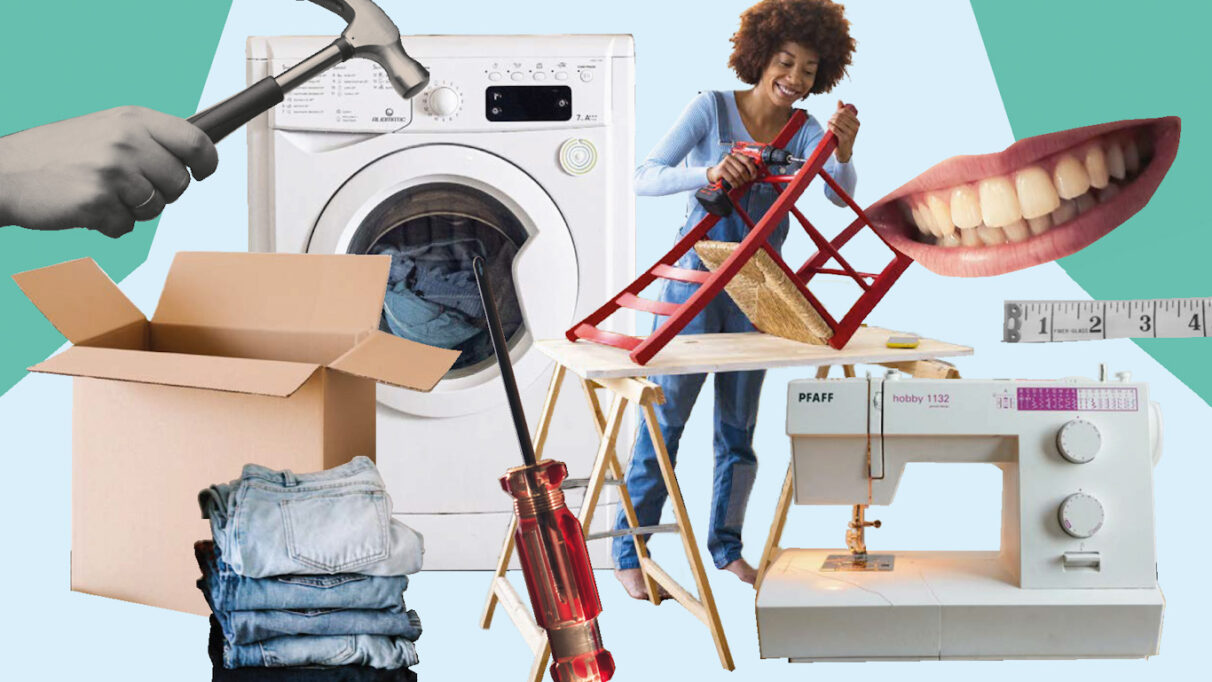Cutting over-consumption and unnecessary travel
The Rapid Transition Alliance has joined with ClimateWorks to highlight how, especially in wealthier nations, over-consumption and unnecessary travel can be cut to live more sustainably in the face of climate change, incorporating lessons from the global health crisis.
During the pandemic we have seen enormous shifts in behaviour from individuals, organisations and governments. Vast sums of money have materialised to support people’s livelihoods, health and well being.

But amid the tragedy there has also been strong evidence of hope for the future. Many people have learned to value time spent in nature and simple pleasures such as being with family and friends above the temporary highs of endless shopping. The amount of unnecessary travel plummeted, showing us the possibilities of rapidly reducing carbon emissions from transport on a permanent basis. Looking forward, how can we continue to improve the balance between work and play, fulfilling our individual dreams while also caring for our communities? How can we enjoy life’s pleasures without thoughtless over-consumption and encouraging waste?
